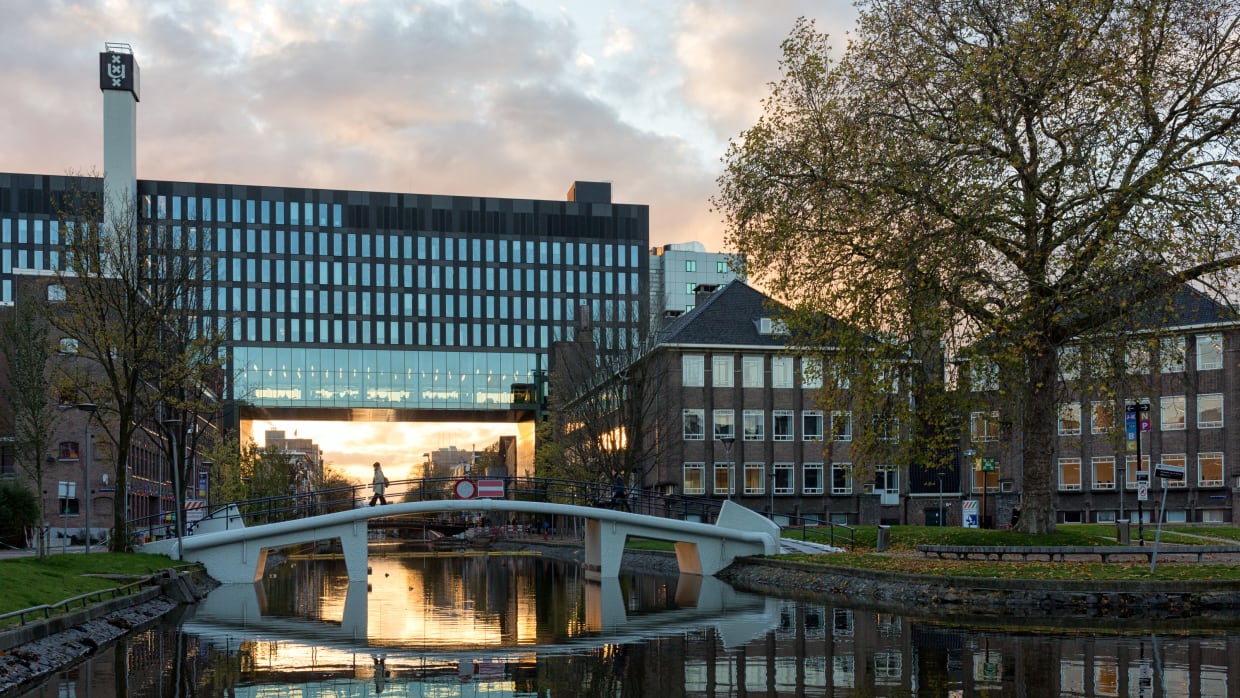Living my dream of working within a mission-driven organisation
As a kid, when asked what I wanted to do when I’d grow up, I would always answer “Do good!”. Now, a bit older, I realise that this is still my goal, whether it concerns working towards doing good for the environment, animals, or people. It is thus my ambition to contribute however I may towards tackling climate change and encouraging societies to become more sustainable.
I am grateful to have had a glimpse of an environmental-focused organisation by interning within The Ocean Cleanup, a non-profit organisation which develops technologies with the aim of ridding the world’s ocean plastic pollution. Working for such an organisation, which has true impacts through organised efforts, is enormously gratifying. Such organisations, while showing the example in terms of business models that are focused on results instead of profit, also have an organisational culture which gives value to the humanity of its employees.
Each year, an incredible amount of plastic finds its way to the oceans, mainly by spilling out from rivers. Part of the plastic then moves towards ocean garbage patches, where it gets caught into a vortex of currents. If nothing is done about this, the plastic will progressively impact everything, from our health to our economies, but also various ecosystems. Thanks to organisations such as The Ocean Cleanup, people with the drive and capacity to do something about this urgent issue can gather and work together towards a beautiful goal: eliminating plastic from our oceans!
More about The Ocean Cleanup
The organization was founded in 2013 by Boyan Slat, Dutch inventor, when he was only 18 in Delft. The team of The Ocean Cleanup consists of engineers, researchers, scientists and computational modellers, amongst others, working daily to tackle plastic pollution. The ultimate goal of this diverse team is to reduce the ocean’s plastic by 90%, and thus, putting itself out of ‘business’ eventually (The Ocean Cleanup, n.d.).
In order to do so, The Ocean Cleanup designs and develops cleanup systems which collect existing pollutants from oceans, while also intercepting the plastic still on its way to the oceans via rivers. For the tackling of Oceans, The Ocean Cleanup adopts a passive cleanup method, meaning it uses natural oceanic forces to clean up the plastic that already ended up there in a fast and cost-effective manner. By implementing the cleanup systems in the Great Pacific Garbage Patch, the organisation targets to clean up 50% of plastic each half decade.
Regarding intercepting plastic in rivers, The Ocean Cleanup developed a first of its kind scalable solution that efficiently intercepts plastic from rivers anteriorly to it reaching oceans. Through the tackling of 1000 rivers worldwide, the organisation aims at halting 80% of plastic from actually reaching and entering oceans within five years from deployment (The Ocean Cleanup, n.d.).
More about my role
I was welcomed into the communications team of The Ocean Cleanup as a social media strategy intern. Through this role, I mainly assisted the social media manager and the community manager, who both supervised me during my time working alongside them. The predominant task during the internship was carrying out a competitor analysis regarding social media, from which I have been drawing insights on how to enhance The Ocean Cleanup’s own social media strategy.
This task was given to me as a continuation of the project started by the previous intern who analysed The Ocean Cleanup’s very own social media strategy. By finding out how other organisations use social media to grow their missions, specific advice can be given to The Ocean Cleanup.
The competitor analysis was carried out in sections, starting with identifying potential competitors to look at, then looking at the benchmarks of the chosen organisations on different social media platforms, and finally identifying their key tactics. From there, a gap analysis was launched to look into the best practices per platform and what others were doing that The Ocean Cleanup was not. In total, the social media use of 30 organisations were investigated across the following platforms:
- YouTube
- TikTok.
Indeed, the analysis builds upon the previous one and shall create a well-rounded picture of where The Ocean Cleanup stands amongst other organisations regarding social media use. Moreover, the competitor analysis presents a path forward to improve from the learnings of the research. The Ocean Cleanup, aiming to be a data-driven organisation, valued this such information and aim to implement findings within their communications strategies moving forward.
Conclusion
Working for a purpose is my ultimate ambition, and I was lucky enough to get a glimpse of that through my internship. Not only did I get to learn a great deal of practical skills while applying theoretical knowledge to real life situations, but I also got to network with like-minded, driven and passionate people. This experience is one that I will never forget, considered a stepping stone in my budding career within the mission-driven world.

